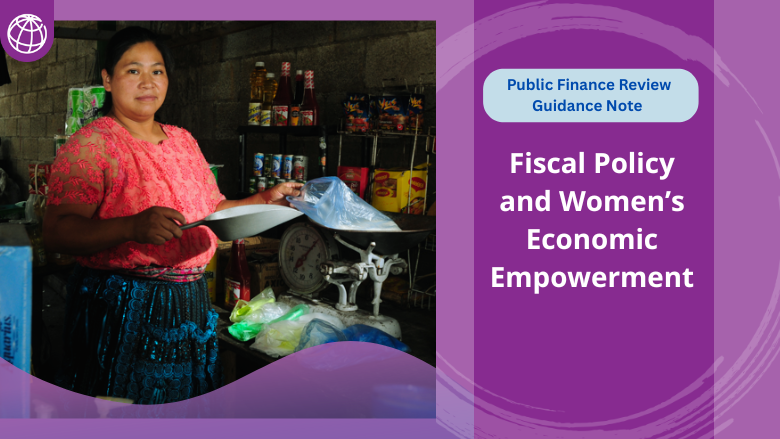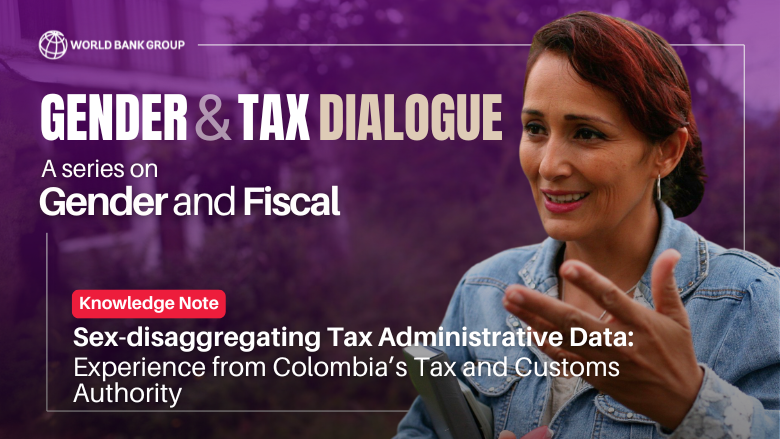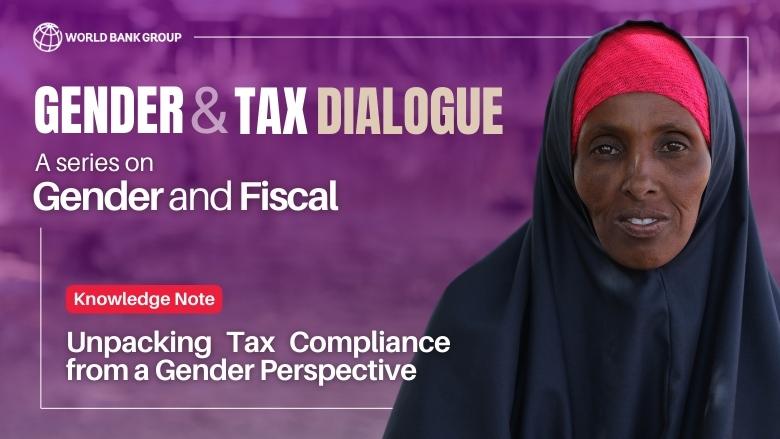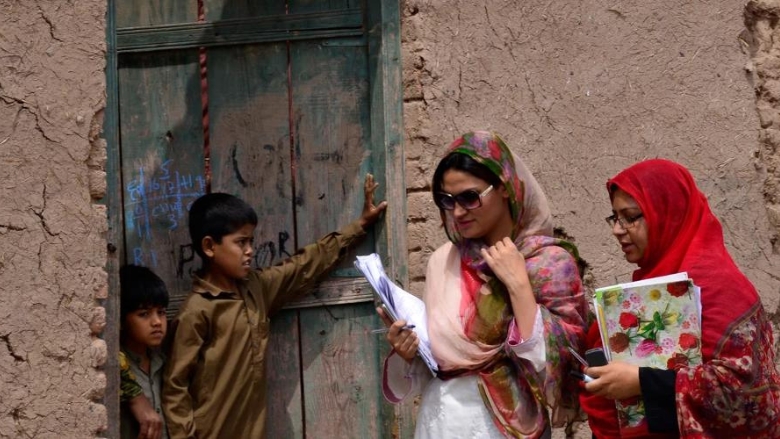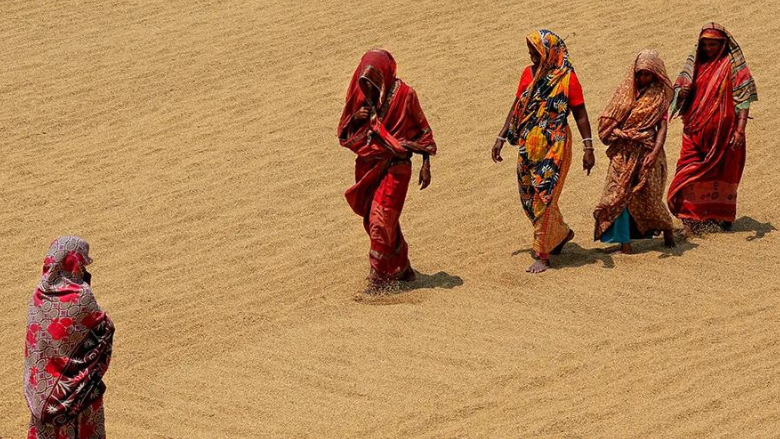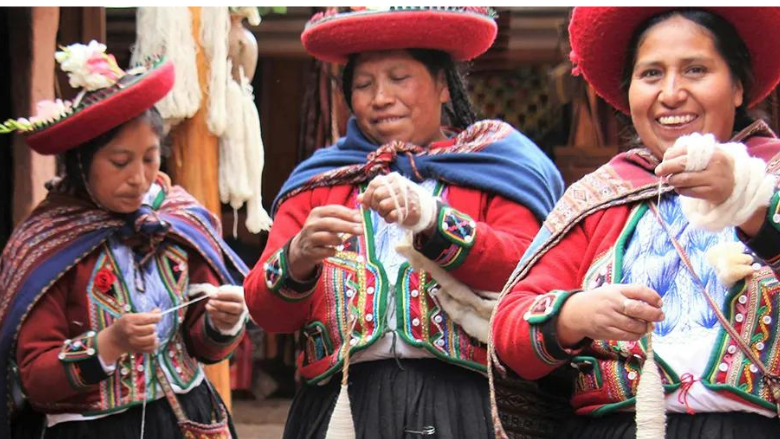Tax Reforms and Women’s Economic Participation
The primary function of the tax system is to mobilize revenue efficiently to finance progressive public spending to support human development and inclusive growth, but the way revenues are raised matter as well. When not designed or administered well, the tax system can create disincentives for economic participation, including to: (i) participate in the labor force (at the extensive margin) and by how much (at the intensive margin); (ii) formal versus informal employment; (iii) start or grow a business. Within the same tax system, these disincentives may play out differently for men and women.
Reflecting a gender lens in the analysis of tax policy can help highlight areas for strengthening the overall tax system and identify opportunities to reduce disincentives for women’s economic participation and address gender inequalities. It is therefore crucial to ensure that revenue is raised equitably and progressively and mitigates disincentives for female labor force participation. A well-functioning tax administration and reducing compliance costs are also critical for making tax systems more equitable and supportive of women’s economic participation.
Since 2021, with the support of the Government of the United Kingdom, the Gender Equality and Tax Reform Workstream of the Global Tax Program has been providing direct policy advice to governments and producing high-quality analytical work for over 25 countries. This analytical and advisory work leverages the Bank’s concessional lending and is integrated into the broader technical assistance on domestic revenue mobilization. It also provides actionable guidelines and support for systematically integrating gender into the Bank’s core diagnostics (such as the Public Finance Reviews) and produces global knowledge products. The analysis involves innovative, micro-data-driven research that is both operationally and policy-relevant and has been integrated into country-specific work.
The World Bank is well-positioned to develop a work program focused on tax policy and administrative reforms to facilitate women’s economic participation. With presence in over 130 countries and a diverse staff from 170 countries, including those in low- and middle-income countries, we have a global reach. Our analytical work supports lending operations and policy dialogue with key officials in the Ministries of Finance and Revenue Departments, as well as local academic institutions and civil society. The Global Tax Team at the World Bank consists of experts with strong technical skills and global knowledge, enabling us to support in-country teams and clients and facilitate knowledge sharing across countries.
Select examples of our work
Argentina
A study (and blog) on the property tax in Tres de Febrero municipality in Buenos Aires finds that the regressive nature of the tax disproportionately affects women due to women’s ownership of lower-valued properties. Compliance rate by women and men is similar but men to tend to respond more quickly to nudges by the municipal tax authority.
Bangladesh
Many LMICs rely heavily on import tariffs as a key source of tax revenue, which may be distortionary and have a disproportionate effect on women. The study (and blog) showed that high tariffs on agricultural imports adversely impacted female agricultural producers more than male producers because of the division of labor between women and men in agricultural production. The study contributed to the World Bank tax and tariff policy dialogue with the authorities on the impact of import tariffs on women.
Brazil
The World Bank study (and blog) in São Paulo, Brazil, sheds light on property ownership and taxation patterns by women and men and explores ways to sex-disaggregate property data. A forthcoming study on the experience of VAT cashback program in the State of Rio Grande do Sul, Brazil, using sex-disaggregated tax microdata, offers insights into beneficiaries’ access, perceptions, and understanding of the program. This study is highly relevant to the federal government of Brazil, as it intends to replicate the program nation-wide.
Colombia
The team collaborated with Colombia’s tax administration to document their experience in sex-disaggregating taxpayer data (study). It offers valuable lessons for other revenue authorities planning to undertake similar initiatives. It outlines the steps DIAN took to disaggregate data and analyze it to uncover gender disparities in income and wealth, covering institutional reforms, inter-agency coordination in data-sharing, and data analytics.
Ethiopia
In low-income countries, the presumptive tax can be more important than the PIT for women because they often predominate in small and informal businesses. The study on the presumptive tax on small and microenterprises finds that it has differential implication for women and men because sectors are taxed at different rates, and there is a lack of tax-free thresholds for certain activities predominantly undertaken by women (such as food and beverage services). The study contributed to the Public Finance Review on the design of the presumptive tax.
Georgia
The Public Finance Review in Georgia looked at the implications of the personal income tax (PIT) on women. The analysis finds that women may be taxed at a higher rate than men because they are more likely to be in the PIT tax net rather than in the sole proprietor tax regime, which is taxed at a lower rate. By embedding gender analysis in diagnostics, PFRs can generate more impactful policy recommendations and support countries in advancing their commitments to enhancing women’s economic participation.
Morocco
The Ministry of Economy and Finance of Morocco led a process to develop a roadmap of multi-sectoral actions to increase women’s labor force participation. Together with a multi-sectoral team of colleagues in the country, the project assessed if the PIT and SSC create disincentives to secondary earners’ labor force participation by reviewing the tax provisions and estimating the average tax rates of secondary earners. The study found that women faced higher disincentives as second earners because of the family-based child tax credits and a deduction for a dependent spouse.
Pakistan
The taxpayer study (and blog) in Khyber Pakhtunkhwa (KP) Province, Pakistan, exemplifies analytics supporting World Bank operations, specifically the IDA-funded USD $118 million Khyber Pakhtunkhwa Revenue Mobilization and Public Resource Management Program (KPRMP) – an ongoing project, which supports the provincial revenue authority in establishing one-stop taxpayer services to streamline services under one roof and modernize tax services. The study identified ways in which provincial revenue authorities could tailor tax services to meet women's needs and create a safe, equitable working environment for women.
Serbia
Ongoing analysis for the World Bank’s Public Finance Review shows that a high tax burden for low-income earners due to the design of social security contributions disincentivizes low-skilled or part-time workers from formally participate in the labor force. Given women’s low wages and predominance in part-time work, the high tax burden can trap them into informal work or discourage their labor force participation.
Global Knowledge Products
Knowledge Note on women and tax administration (and blog) identifies specific actions that revenue administration can take to improve women’s experience with the tax system, create an enabling working environment to recruit and retain women, and generate sex-disaggregated data.
Knowledge Note on women and tax compliance (and blog) highlights the importance of generating sex-disaggregated data for policy reforms and understanding women’s constraints to provide insights into tailoring tax service provision to meet women's needs.
Policy Brief on Simplified Taxation in Africa: What We Know- and Need to Know was published jointly with the International Centre for Tax and Development (ICTD) and WIEGO. It highlights existing knowledge, knowledge gaps, and the need for a data-driven, evidence-based discussion on the design and administration of this tax.
Partnership with regional organizations for tax administrations
The project team has developed a partnership with the regional network organization for tax administrations in Africa, the African Tax Administrative Forum (ATAF), by presenting at the training for tax administrators at the ATAF Women in Tax Network Leadership Conference and contributing to the capacity building program to sex-disaggregate tax administrative data. The impact of capacity building of tax administrations is leveraged by working through a regional organization, such as ATAF.
Ongoing work
The How-to-Note on Women in PFRs is currently under production. It provides a summary of existing evidence on the relationship between tax policy and women, highlights key features of tax policies and administration that support women’s economic participation, presents examples of questions that can be addressed, and outlines the types of analyses that can be conducted in PFRs.
There are new knowledge notes in production on the presumptive tax on small and microenterprises in Rwanda and Tanzania, and the experience of VAT cashback program in the State of Rio Grande do Sul, Brazil, taxes on menstrual hygiene products, and more.
